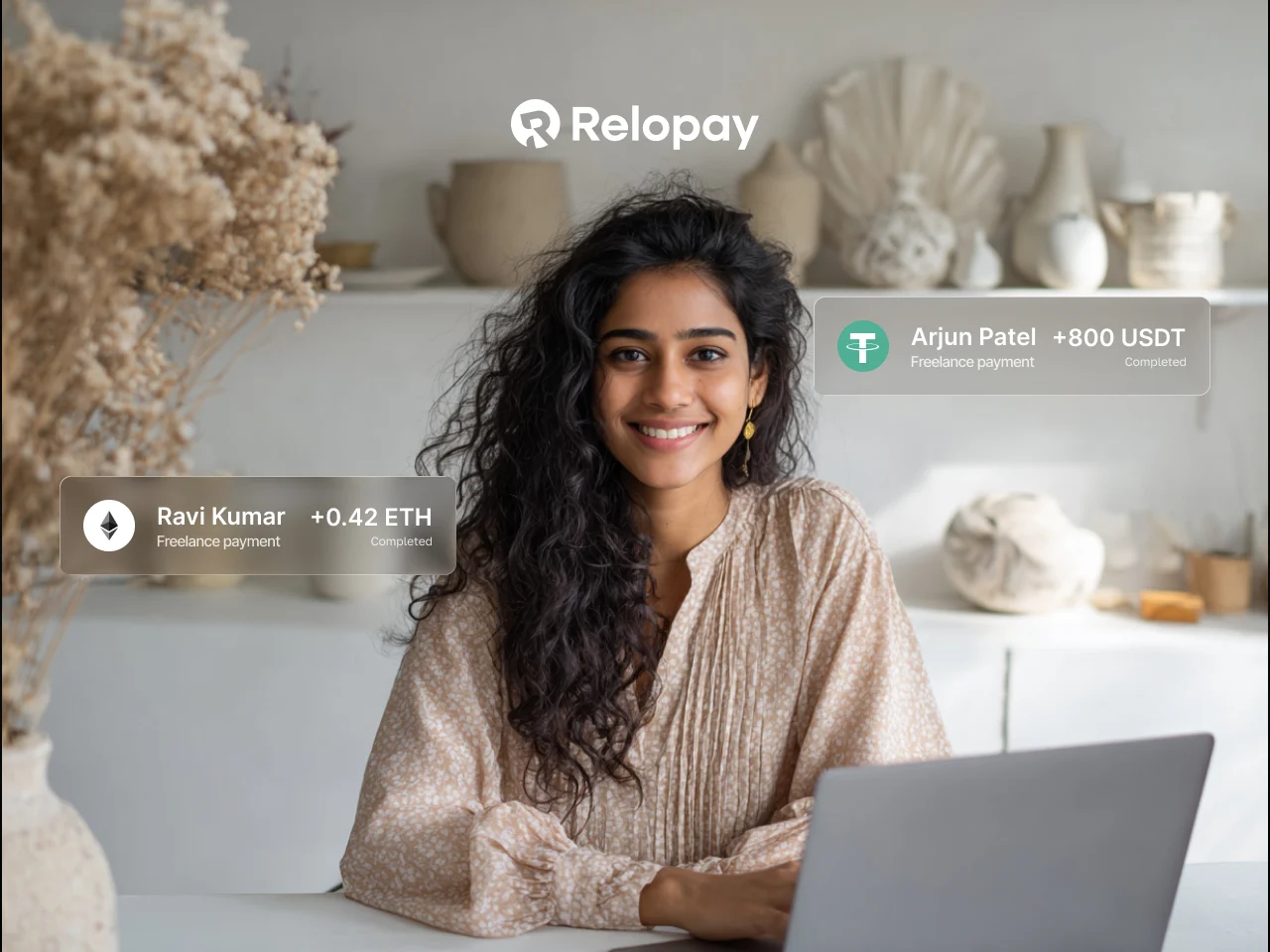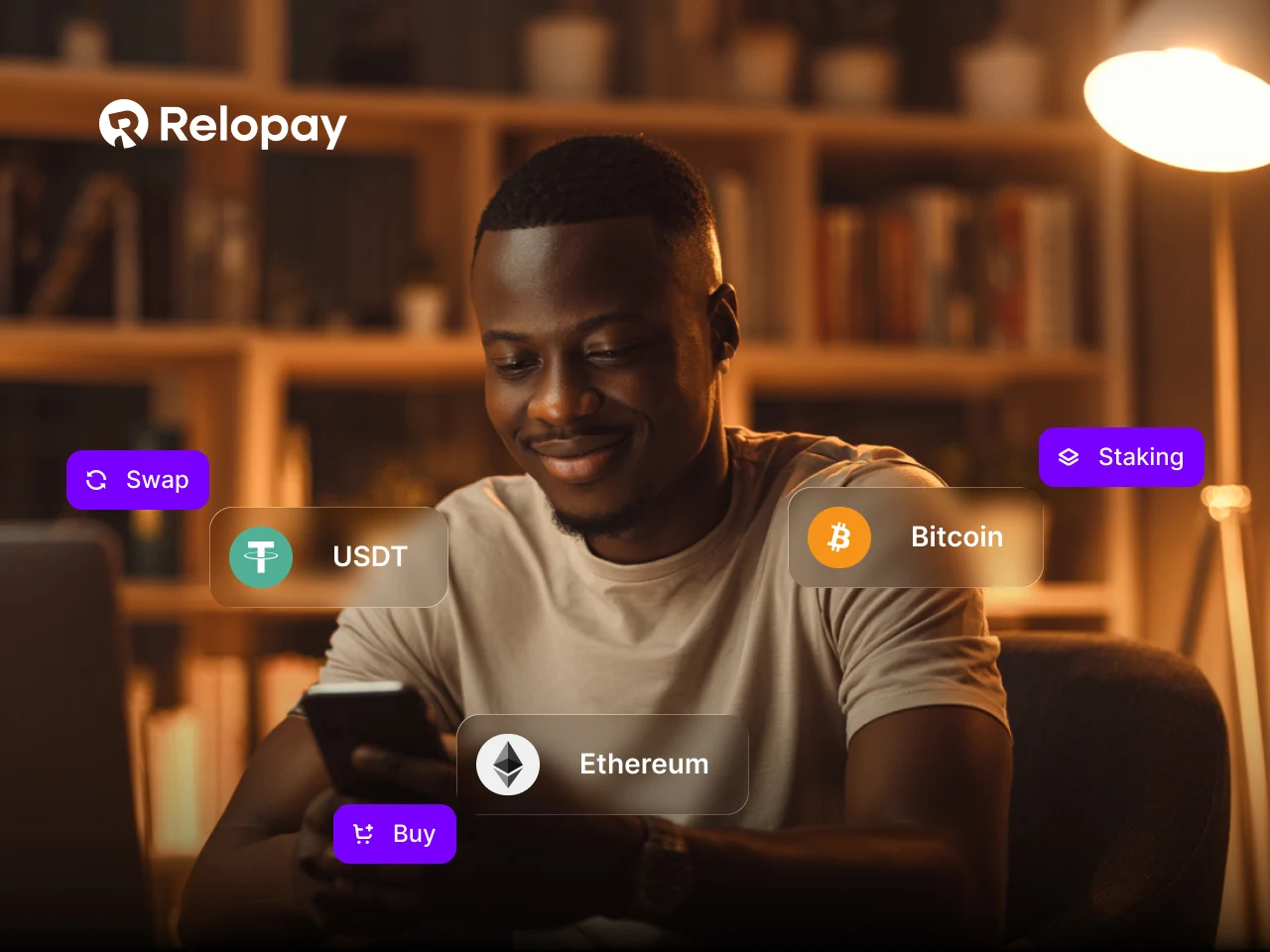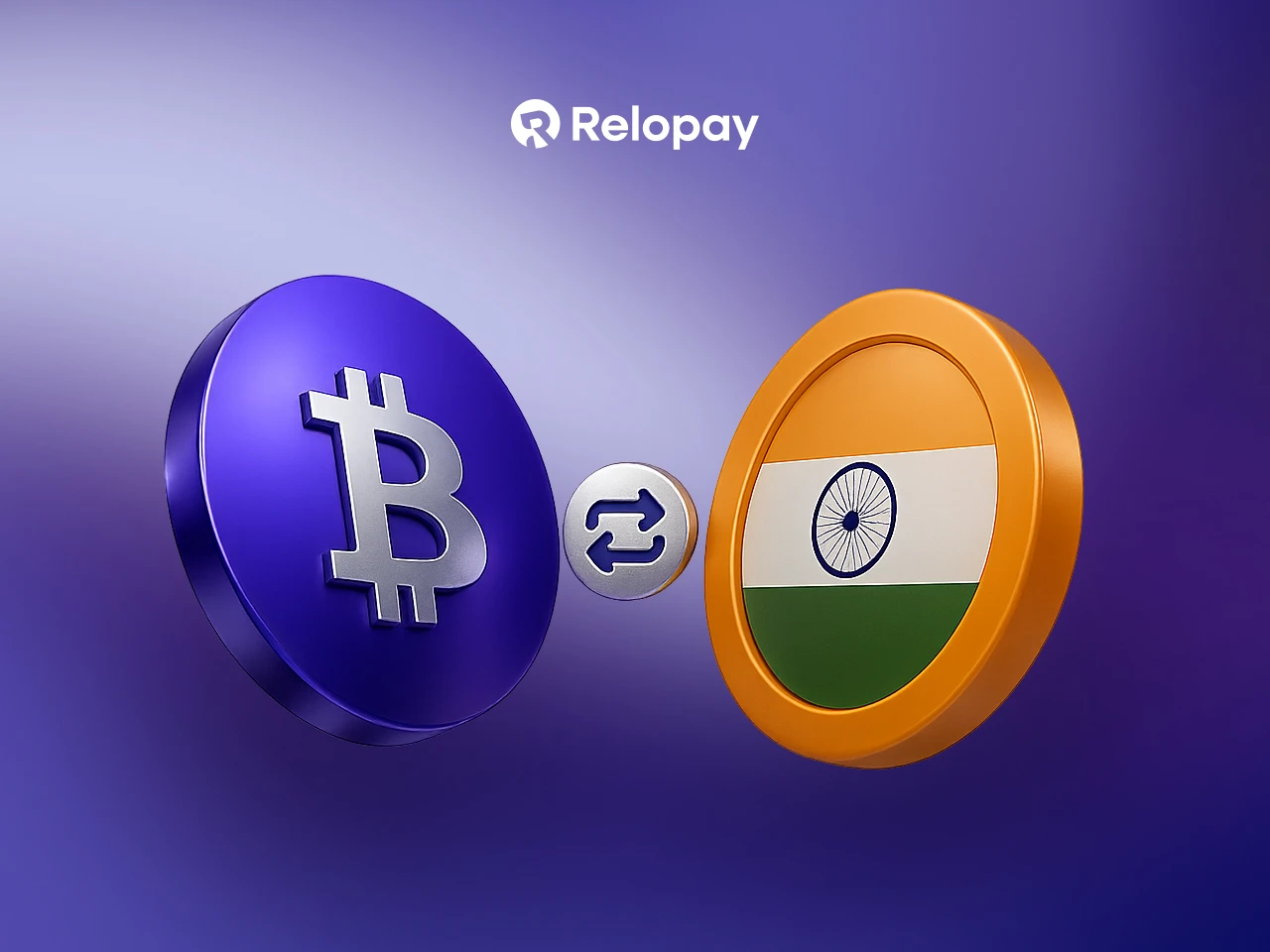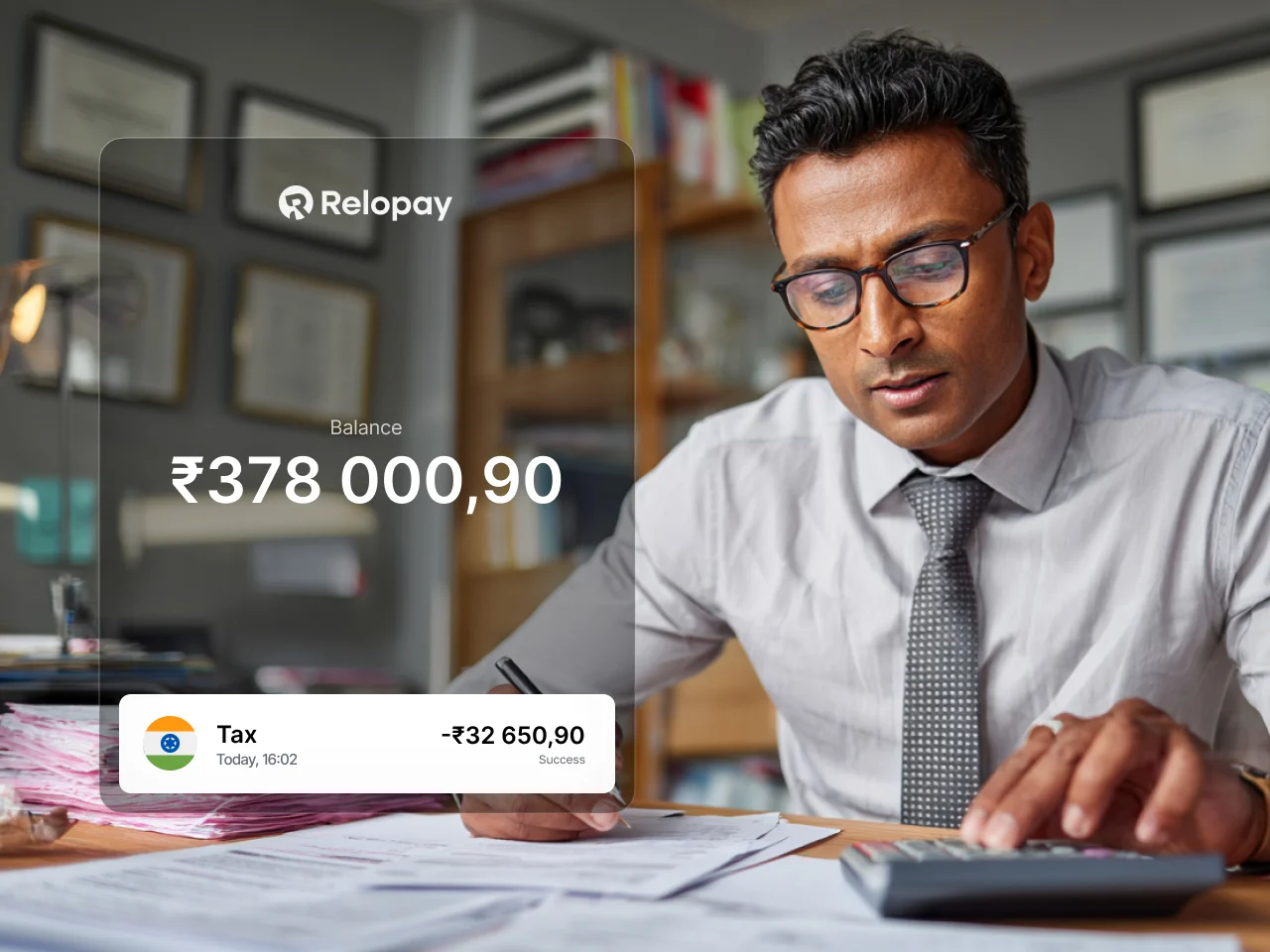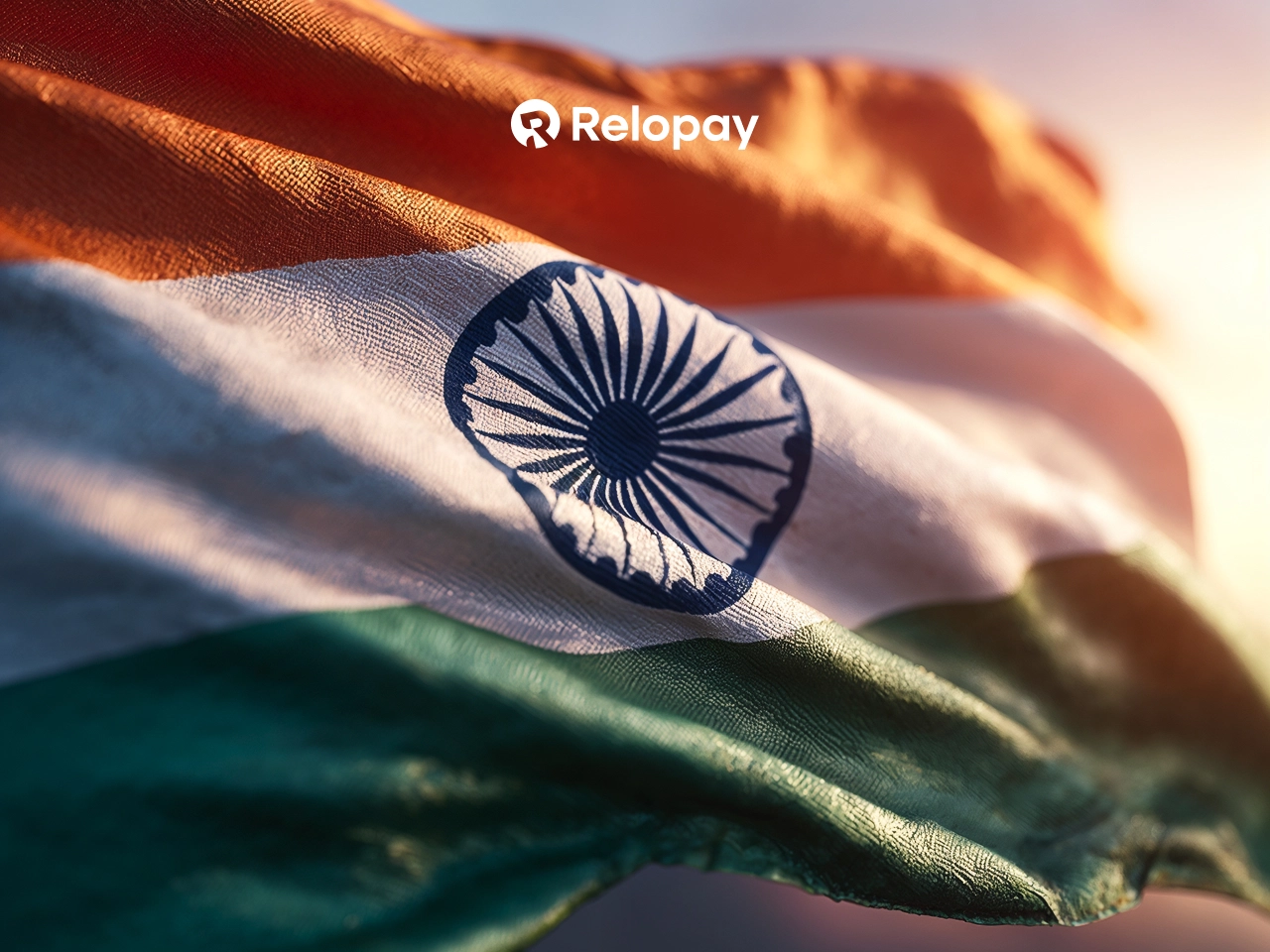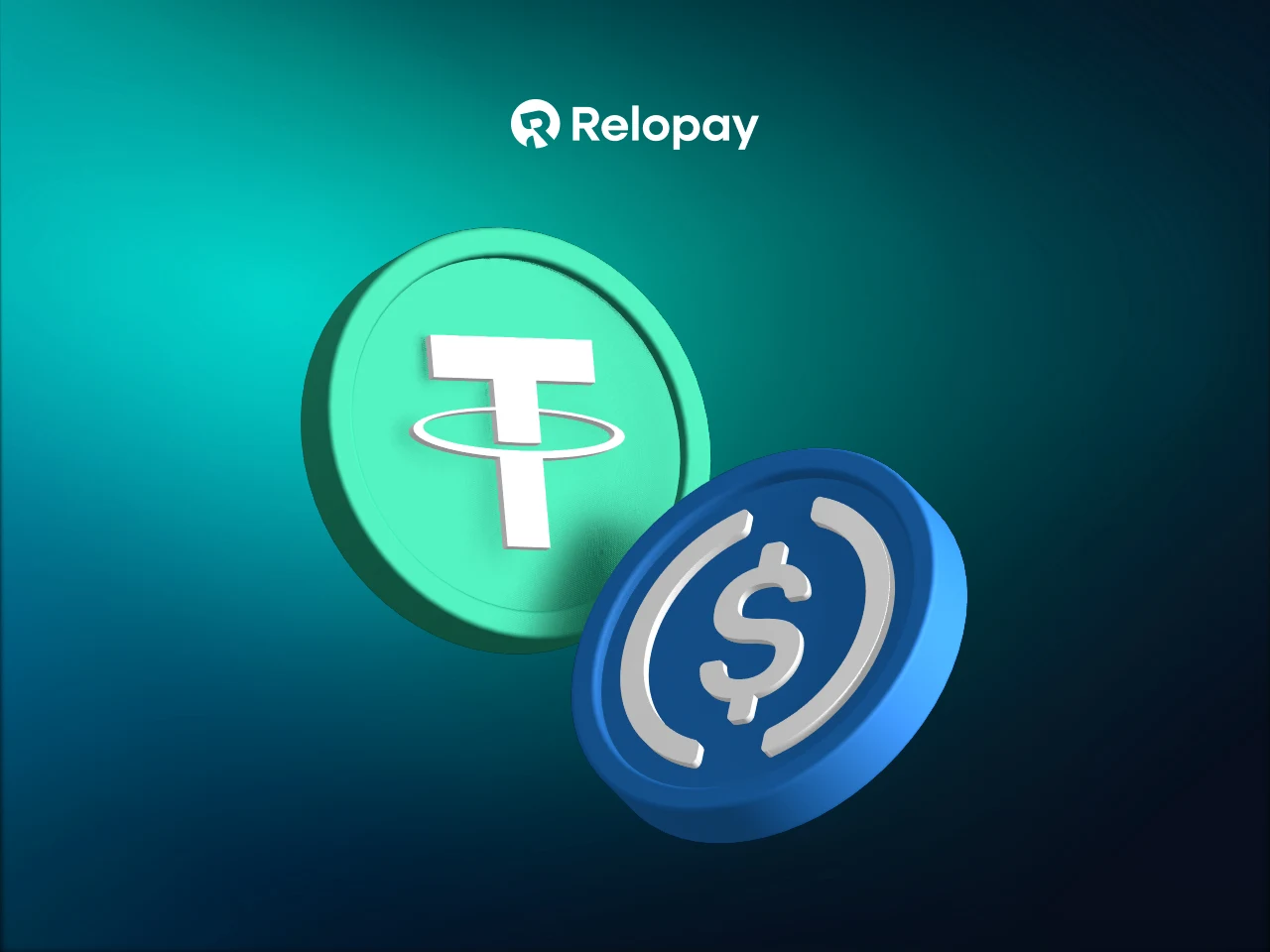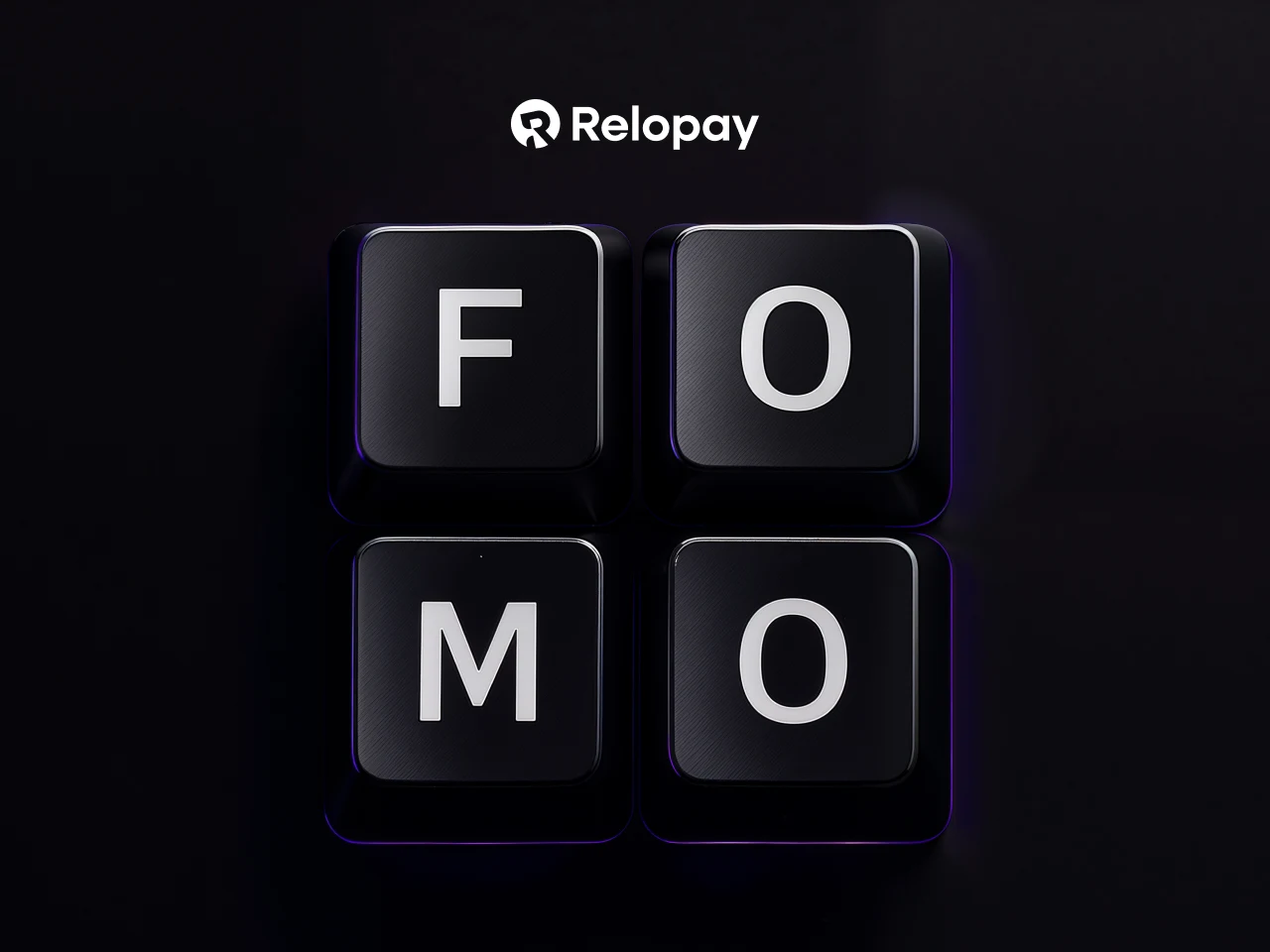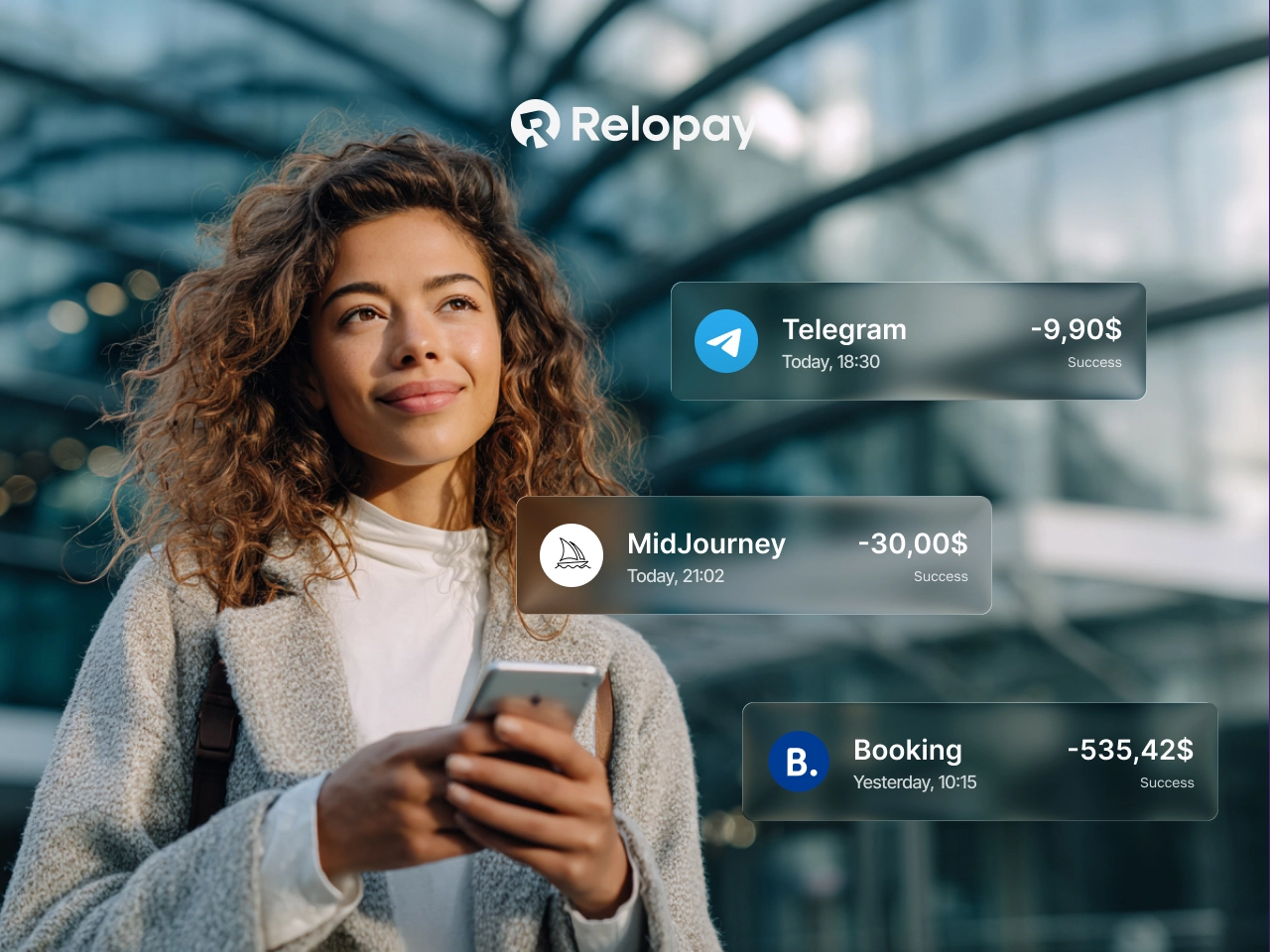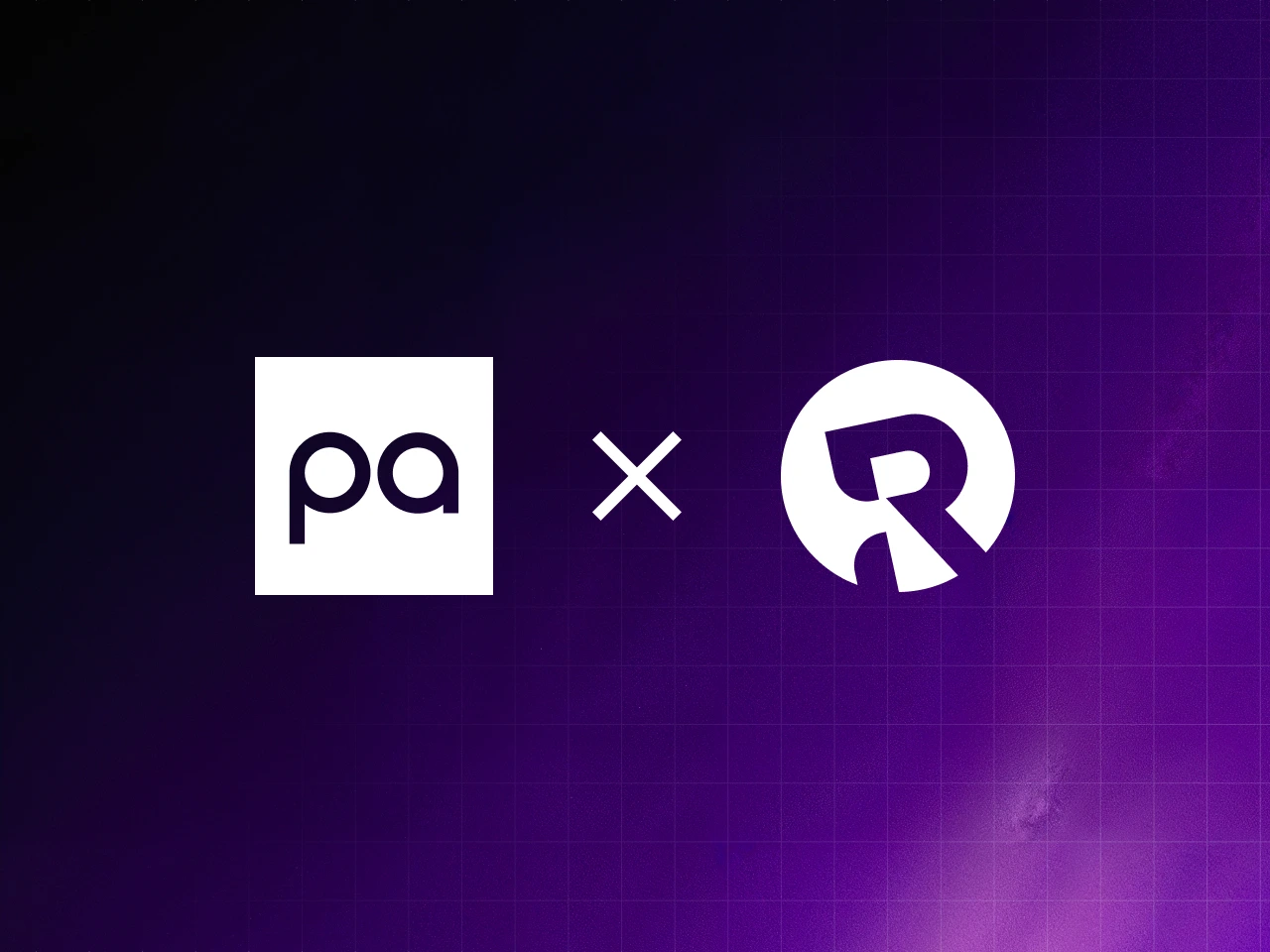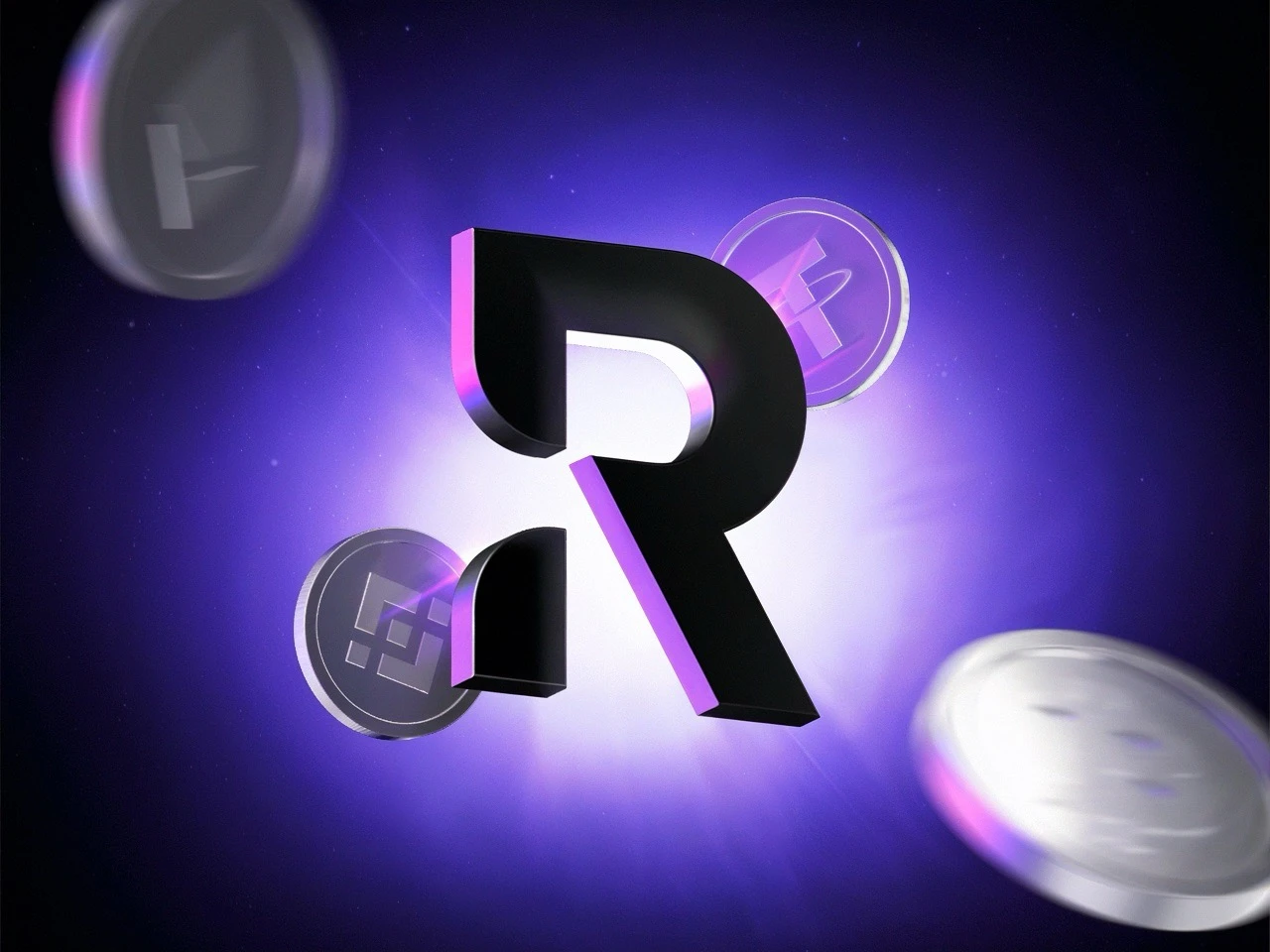As digital assets grow worldwide, freelancers and small businesses are learning new ways to get paid in crypto. Bitcoin, stablecoins, and virtual cards make international income fast and affordable. This guide shows how to get paid in cryptocurrency, handle taxes safely, and start receiving payments in India and abroad.
Why Choose Crypto Payments?
For Indian freelancers, crypto payments freelancers prefer offer faster transfers, low fees, and more privacy. Over 15 million Indians already use digital assets, and about 8–10% of freelancers now get paid in crypto. Bitcoin, Ethereum, and stablecoins like USDT help avoid long delays, while Relopay’s virtual card lets users spend income instantly in fiat. Fast, simple, and low-cost - digital earnings are reshaping India’s freelance market.
Key Risks and Considerations
Getting paid in digital assets gives freedom but also has risks. Prices can change fast, affecting your income. In India, this income is taxed at 30 % under Section 115BBH. Rules are still forming, so each person decides whether to accept it. Keep good records, use a trusted wallet, and avoid suspicious links. Stablecoins like USDT or USDC help keep value steady and stay compliant with India’s crypto laws.
Who Can Get Paid in Crypto?
Anyone working or selling online can now get paid in crypto. In India, this includes freelancers, tech experts, designers, and small businesses. A crypto payment gateway lets clients send money straight to your wallet with peer-to-peer transfers. Some companies already test blockchain payrolls, while merchants use payment providers for faster settlements. Simple exchange tools and better tax options make digital income real for India’s workforce.
Popular Ways to Get Paid in Crypto
If you’re exploring how to get paid in crypto, here are the main options and how they work:
- P2P wallet transfers - direct payments from clients to your wallet address; best for freelancers comfortable managing funds manually.
- Freelance platforms - sites like LaborX, Deel, or Bitwage use blockchain payment gateways to process jobs and release funds automatically.
- Digital payroll systems - ideal for companies or teams sending regular salaries in Bitcoin or stablecoins.
- Affiliate marketing programs - reward creators in tokens via smart contracts and instant blockchain settlements.
- Digital payment processors - connect merchants and small businesses to global currency payment options with fast setup and low fees.
Each method offers speed, privacy, and independence from traditional banks.
Step-by-Step: How to Receive Crypto Payments
This short guide explains how to get paid in cryptocurrency - from setting up your wallet to cashing out safely in India.
Set Up a Crypto Wallet
Install a crypto wallet app or browser extension. Choose between custodial, non-custodial, or hardware options. Back up your seed phrase offline, enable 2FA, and test with a small transfer. In India, use wallets that support INR conversion or connect to local exchanges for smoother payouts.
Share Your Public Wallet Address
Find your public address in the wallet app - it usually starts with 0x for EVM chains or bc1 for Bitcoin. Share it only with verified clients and check network type (for example, sending USDT on ERC-20 vs TRC-20). Never share your private key or seed phrase. Copy addresses carefully - even one wrong symbol can cause loss.
Invoice and Payment Requests
Create clear crypto invoices using tools like Request Finance, Bitwage, or Deel. They add tax info, exchange-rate conversion, and automatic tracking. Clients can pay by link or QR code through any crypto payment platform, making transfers fast and easy.
Track and Manage Payments
After receiving crypto, confirm transactions through your wallet’s blockchain explorer (Etherscan, BscScan, or OKLink). Track income using portfolio apps like CoinStats or Debank that aggregate crypto payment settlement and balances. For business users, accounting tools such as Koinly and CoinTracker help generate reports and keep transaction logs aligned with India’s tax requirements.
Convert or Spend Crypto (INR)
Once received, you can either convert your digital assets to Indian Rupees or spend it directly.
- Exchanges (Binance, WazirX) – fast conversion with KYC; small fees but slower withdrawals.
- P2P Platforms – direct trades with buyers for INR; lower fees, more risk.
- Crypto Cards (e.g., Relopay) – instant spending through Visa worldwide; supports stablecoins and separates savings from daily use.
Spending Crypto in India and Worldwide
Indian users can now spend crypto anywhere using virtual cards and payment processors connected to Visa or Mastercard. Relopay lets users pay instantly at checkout without cashing out. Freelancers can cover ads, software, or travel in INR or USD. Some wallets allow no-KYC use with small limits, but Indian residents must still follow tax rules. Many global merchants now accept crypto payments, offering fast and low-fee options - ideal for India’s digital economy.
Tax Implications and Legal Aspects in India
In India, income from crypto is taxed under Section 115BBH of the Income Tax Act. You pay 30 % on profits and 1 % TDS on transactions above ₹10,000. Keep all wallet records for yearly reports. If you serve Indian clients, 18 % GST may also apply. Tools like Koinly and WazirX Tax help with reporting under official Income Tax Department guidelines. Crypto is not legal tender but classed as a Virtual Digital Asset (VDA). For big transfers, consult a tax advisor.
Top Tips for Safe Crypto Payments
- Enable 2FA and use strong passwords for wallet apps.
- Store private keys offline and back up seed phrases in multiple secure places.
- Verify digital payment processors and avoid unverified platforms.
- Recheck transaction details before sending any digital currency payment.
- Maintain clear records for tax and dispute resolution.
Staying cautious protects your funds and builds a reliable freelance reputation in India’s expanding digital asset market.
Future Trends and Innovations
The future of digital income in India looks bright. Payrolls, virtual cards, and clear rules are changing how freelancers get paid. According to Mastercard’s 2024 Payments Trends Navigator (mastercardservices.com), tokenized transactions grew by over 50 % last year. By 2025, more than 15 million Indian freelancers could start using crypto payouts. AI tools, instant transfers, and built-in tax systems will make crypto work as smoothly as online banking.
FAQ
This section answers common questions about digital payments, wallets, taxes, and safety. It gives simple, reliable explanations to help freelancers and businesses handle crypto payouts with confidence.
Is being paid in crypto legit or a scam?
Most freelance crypto payments are legitimate when done through verified clients or platforms like Deel or Bitwage. Beware of scammers asking for upfront fees or promising guaranteed profits. Always confirm wallet addresses and use escrow services for large projects. Transparent communication and smart contracts help avoid fraud and build trust.
What’s the easiest way to convert crypto salary to INR?
For Indian freelancers, the fastest way to use digital income is through a virtual card like Relopay, which automatically converts crypto to INR at checkout - no exchange steps required. If you prefer withdrawing to a bank, use regulated exchanges like WazirX or CoinDCX after KYC verification. Avoid unverified P2P platforms without buyer protection and always confirm payment before release.
Can I be paid in a stablecoin like USDT instead of BTC or ETH?
Yes. Stablecoins such as USDT or USDC are widely used for crypto salary payments because they stay pegged 1:1 to the USD. They protect freelancers from market volatility and make invoicing and recordkeeping simpler. When receiving stablecoin income, confirm the network used (ERC-20, TRC-20, or BEP-20) to avoid fee differences and use trusted wallets or cards that support smooth INR conversion.
What are the practical risks of getting paid exclusively in crypto?
Getting paid in crypto brings freedom but also a few risks. Prices change fast, banking options are limited, and salary slips are not official. Employers should offer clear payout terms and use stablecoins for steady value. Freelancers can reduce risk by converting part of their income to INR, keeping records, and using secure wallets.
How do I cash out my crypto safely and legally?
Withdraw through KYC-compliant exchanges or trusted payment processing providers that support Indian bank accounts. Maintain transaction logs for reporting and use official apps to avoid fraud. Never transfer large amounts to unknown wallets without verification.
Are stablecoin salaries becoming more common?
Yes. By 2025, market analysts expect stablecoin-based payroll to account for nearly 30 % of digital earnings worldwide. Freelancers prefer them for predictable value and fast settlement, while employers adopt them for simplified cross-border payment processing and accounting.
Conclusion
Getting paid in crypto helps Indian freelancers and businesses earn globally without delays or high fees. From wallet setup to tax compliance, crypto offers control and flexibility beyond traditional banking. Relopay’s virtual cards make this transition even easier - enabling instant spending while keeping assets secure.
Next Steps
Sign up, create your wallet, and explore Relopay for secure and instant crypto payments in India. Start today and experience the freedom of borderless digital income.
